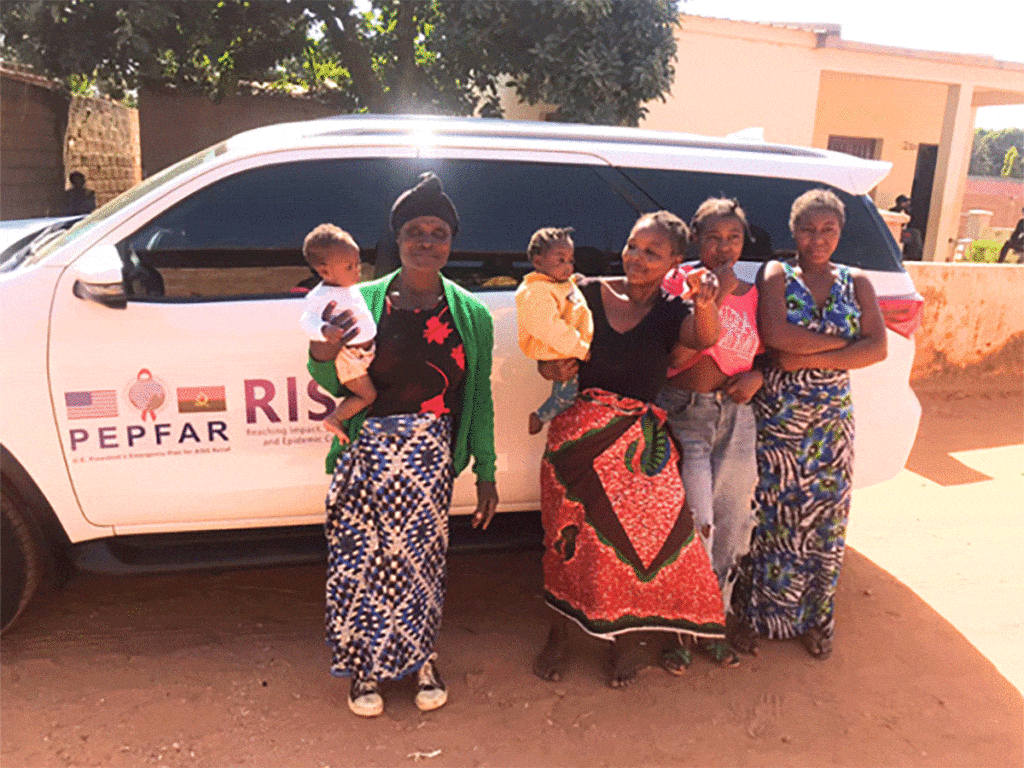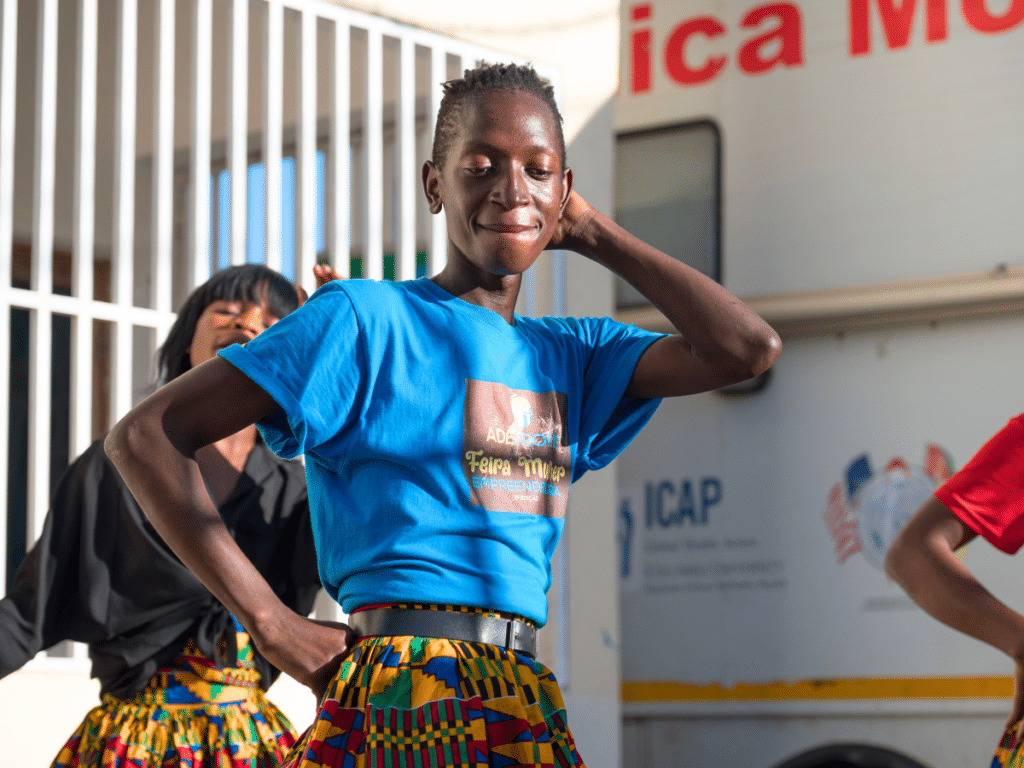Global Health Security
Global Health Security
In our increasingly interconnected world, infectious disease outbreaks can spread across wide expanses in record time, as evidenced by the COVID-19 emergency and the 2022 mpox outbreak. Climate change and the rise of drug-resistant pathogens have increased the frequency and severity of infectious disease outbreaks, putting global health security in peril and underscoring the urgency of coordinated investment and action. Countries with fragile and underfunded health systems, many of which are endemic for viral hemorrhagic fevers and other deadly infectious diseases, are especially susceptible to growing public health threats.
ICAP’s work in global health security started during the 2014-2016 Ebola outbreak in West Africa, with an evaluation of community care centers in Sierra Leone. Since then, ICAP has partnered with ministries of health, national public health institutes, and other local entities to strengthen International Health Regulation (IHR) capacities to prevent, detect, and respond to infectious disease outbreaks.
ICAP’s approach is informed by the One Health framework, which recognizes the complex interplay between human, animal, and environmental health and prioritizes coordinated multisectoral planning and action. The ICAP conceptual framework for global health security grants attention to stages of the public health emergency life cycle that typically receive less attention, such as prediction, preparation, and calibration. Across every stage of public health emergencies, ICAP emphasizes engagement, learning, coordination, and cooperation as force multipliers that activate the full technical and operational potential of the public health workforce.







